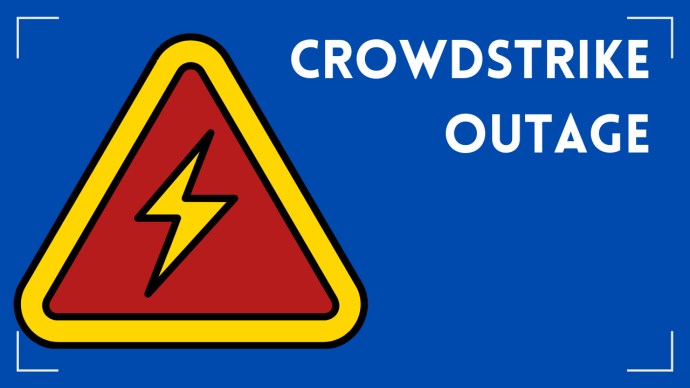People running Windows servers have yet another cyber threat to worry about. Something known as RansomWare has been making the rounds lately, holding small-business owners’ important files hostage until they meet the hackers’ ransom demands.
Small businesses tend to come under fire from hackers more often than larger businesses because small businesses often use less stringent security measures to protect their servers than do large enterprises. These days, it’s much easier for small-business owners to find managed services providers or cloud storage providers with payment plans that fit most budgets. And the time to look into the kinds of protections that such companies offer is before something like RansomWare hits the scene.
Security Software company Emisoft issued a press release on Apr. 19, warning people of this latest threat to Windows servers. According to Emisoft, anti-virus and anti-malware software are useless against RansomWare. The hackers are primarily targeting Windows servers that can be accessed via remote desktop protocol (RDP) from the Internet. If the server relies on weak password policies or has none at all, hackers can easily “crack commonly used user names via dictionary-based brute-force attacks and thus gain access to the system. The hackers can then easily disable any active security software.”
Once a company’s server has been accessed, the hackers upload something known as Anti-Cyber-Crime Department of Federal Internet Security Agency (ACCDFISA) malware that proceeds to install a “crypto malware component” as a service that deletes backups and then snatches important files and locks them away in an encrypted Roschal Archive (RAR) file.
Joe P. of nFocus Technologies explained in his blog post that he was instructed to pay $100 via Moneypak, Paysafecard or Ukash in order to unlock the files that had been stolen from his client’s server. Although his client’s employee had used a complicated password, hackers were still able to gain access to and compromise the employee’s account.
Hackers get more sophisticated every day. That’s why it’s so important for all business owners, but especially small-business owners, to have several layers of protection guarding their servers, computers and smart devices. The longer it takes for a hacker to “get the goods,” the more likely he is to give up and go somewhere else. This isn’t guaranteed, though, so business leaders should also have more than one backup plan for important files. No business, be it large, medium or small, can ever consider itself 100% from hackers.



